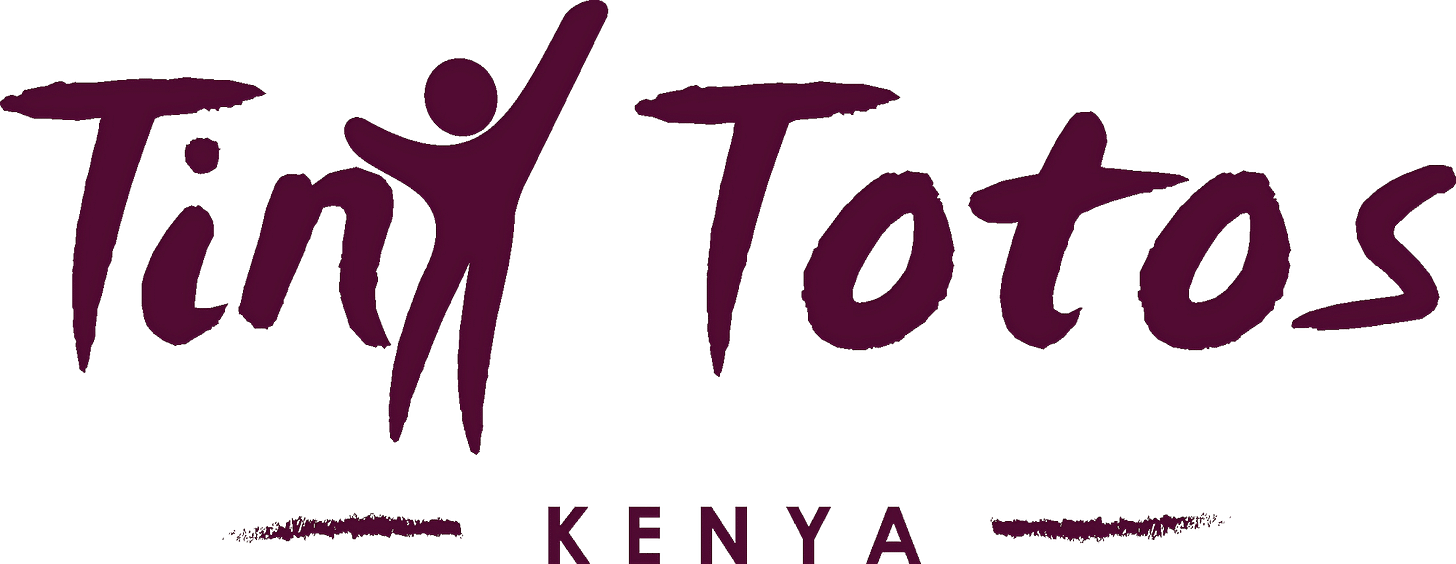
Why having your “heart in the right place” isn’t a compliment
I love the following quote by Monsignor Ivan Illich, a Catholic priest, philosopher, and social critic. He had been asked to speak at the 1968 Conference on InterAmerican Student Projects, a program that sent college-aged volunteers to work in rural Mexico. Imagine a crowd of hundreds of bright-eyed Americans and Canadians ready to help.
This is what he told them:
If you insist on working with the poor, if this is your vocation, then at least work among the poor who can tell you to go to hell.
It’s worth reading the entire speech, which is still somewhat famous in development circles. It reflects a hard truth we so often hesitate to face. Our intentions, no matter how noble or pure, shouldn’t shield us from criticism.
Yet for some reason we think it’s enough to have our “heart in the right place.” Notice that this phrase always means that you failed. No one who ever successfully solved a problem was complimented for having their heart in the right place.
Intentions don’t solve problems, solutions do. And solutions are usually hard-won. They require mastery of a problem, repeated trial and error, humility, and empathy. And solutions almost always require participation from everyone involved. They aren’t something we can simply bestow.
Who are the people you’re trying to help and how would they want you to change what you’re doing?
Seeing Good at Work
Started by Fermin Reygadas, who grew up up in Baja California and Chihuahua, Cantaro Azul provides access to clean water for 140 schools and over 60,000 people in rural Mexico. It uses a combination of accessible technology, systemic solutions, and education programs to help improve the health of the people it helps.

They now operate throughout Mexico to help bring sustainable clean water solutions to the communities that need it most.
Promotional Stuff
If you are new Good at Work, take a look at the archives. You might find a thought that can help you the the good work you hope to do.





